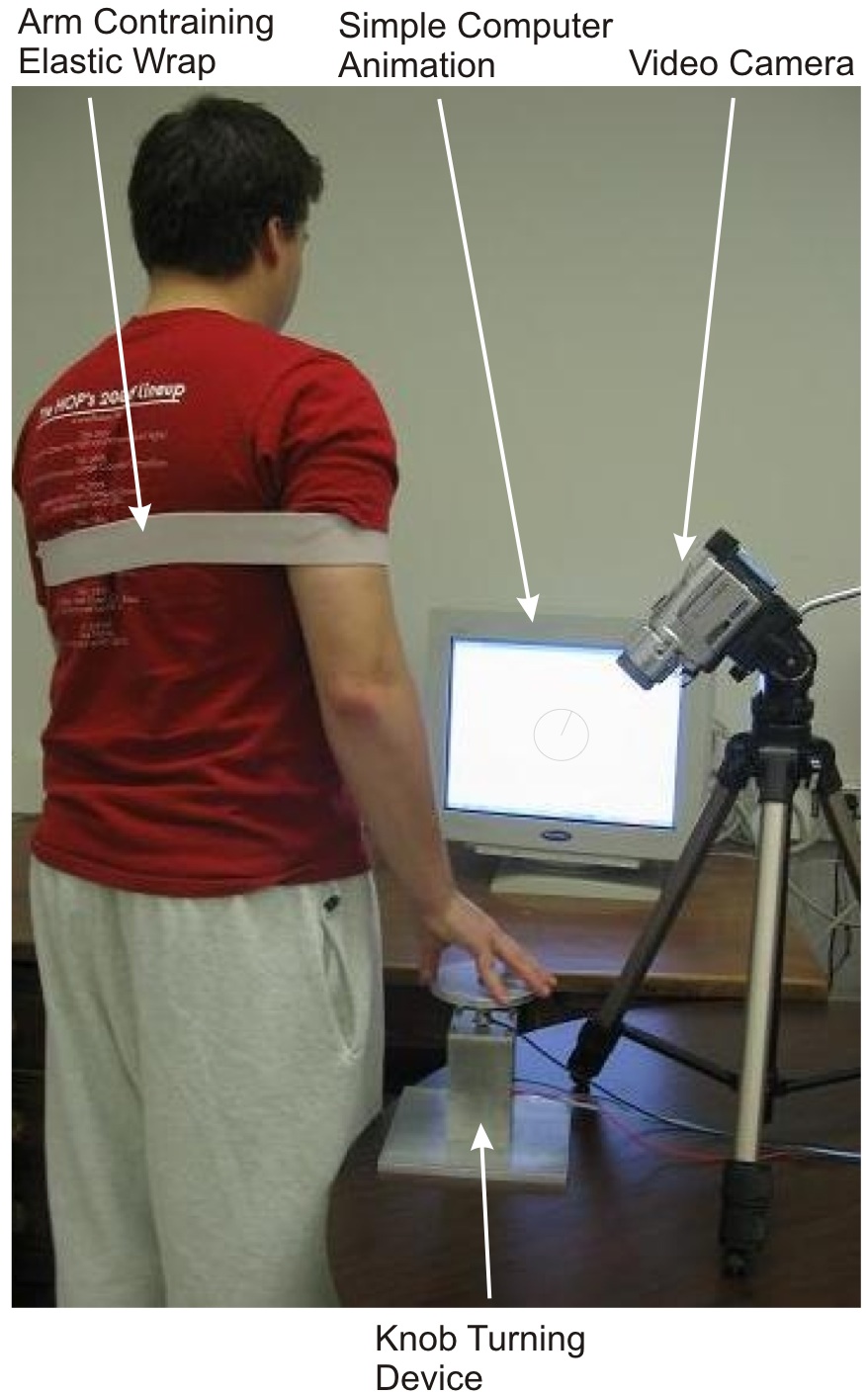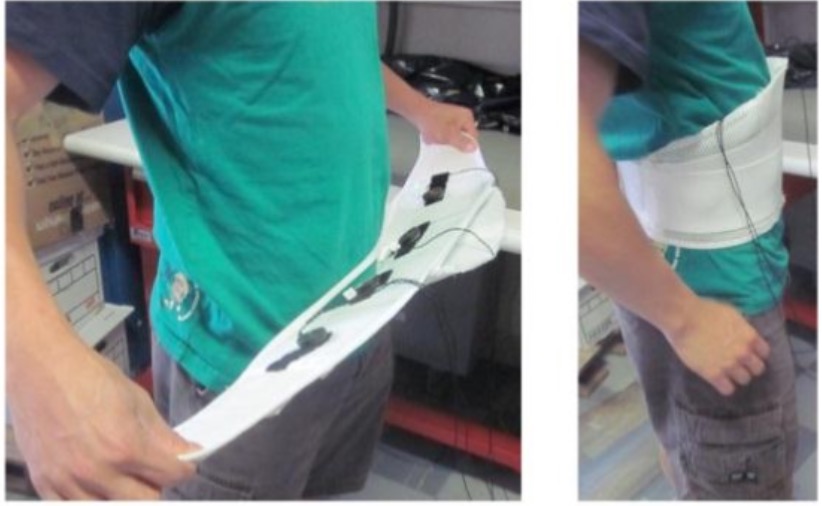Current Research Topics
Stroke Registry
Under construction
Read MoreUnder construction
Read MoreUnder construction
Read MoreUnder construction
Read MoreUnder construction
Read MoreUnder construction
Read More
Past Research Topics
Sensorimotor Control in Adults and Individuals with Stroke
Our current main research direction is the investigation of sensorimotor impairments in individuals with stroke. We are primarily focused on characterizing how stroke affects an individual's proprioception, and we are developing training protocols to rehabilitate the observed impairments. Additionally, we are collaborating with experts in the area of motor control to investigate how stroke alters an individual's movement by changing their arm's passive properties, eliciting hyperactive stretch reflex responses, causing weakness, and relying on secondary motor pathways.

Development of Sensorimotor Control
One line of research that we are beginning to actively pursue is quantifying sensorimotor control capabilities in children as young as three years. For one unpublished line work, we collected data from 51 children between the ages of three and six and eleven adults to investigate the development of interaction forces/motions/behaviors when manipulating an instrumented joystick. We are currently advancing this line of research by initiating new behavioral studies on related topics.

Haptic Device Development, Customization, and Characterization
An important aspect of our research is the development of mechatronic systems for use in our human subject experiments. Our experience in system development runs the entire range of the creation process, beginning with development via CAD drawing, to the manufacturing of parts, purchasing and assembling of commercial components, programming of communications between the system and user, characterization of the system, and human subject testing.

Sensory Substitution
A previous line of research was focused on improving motor functionality for upper-limb prosthesis users by providing proprioceptive information using sensory substitution systems. Aligned with this aim, we tested the effectiveness of both custom and commercial tactile feedback devices in relaying information artificially to various locations on the body.


